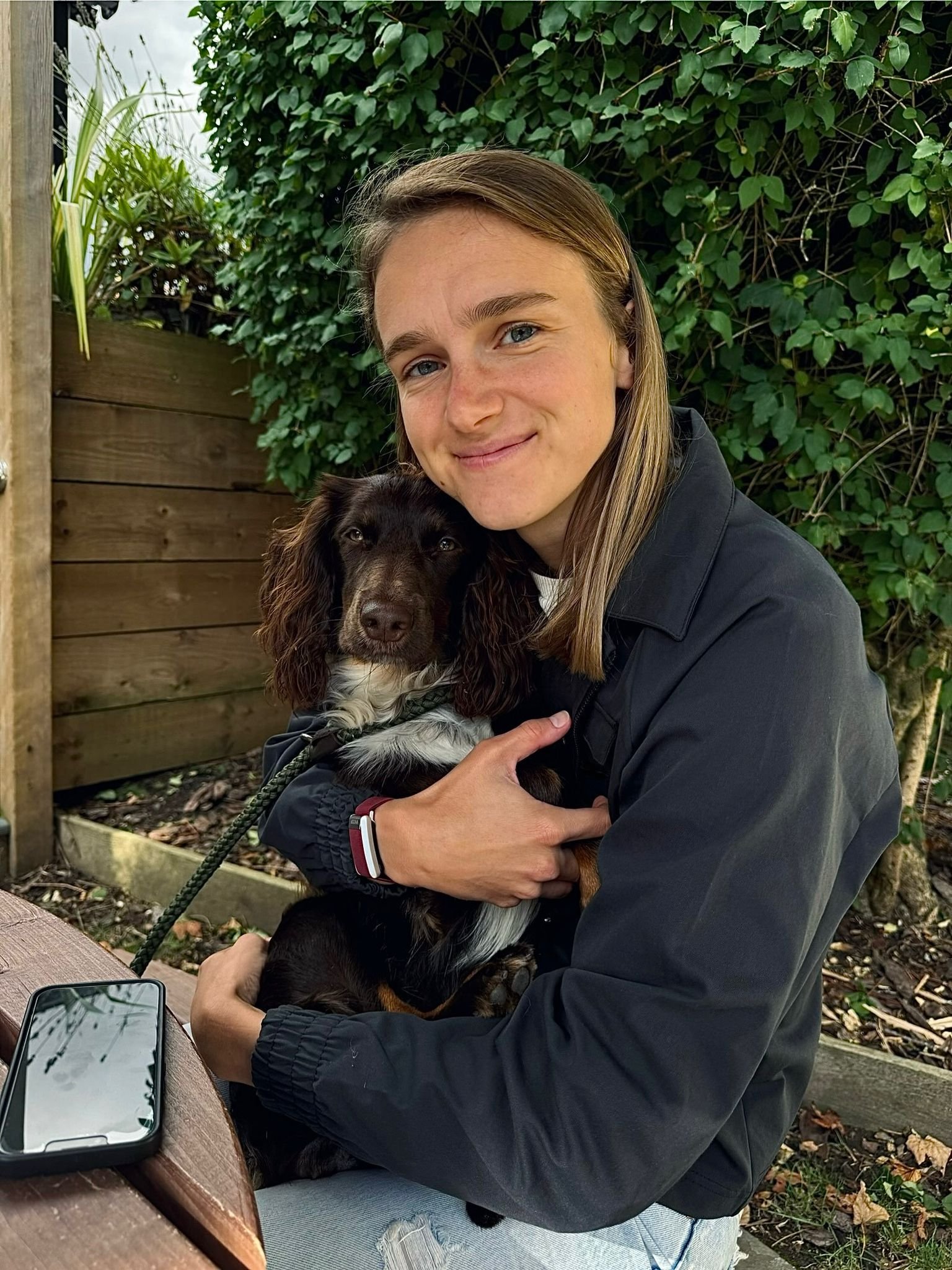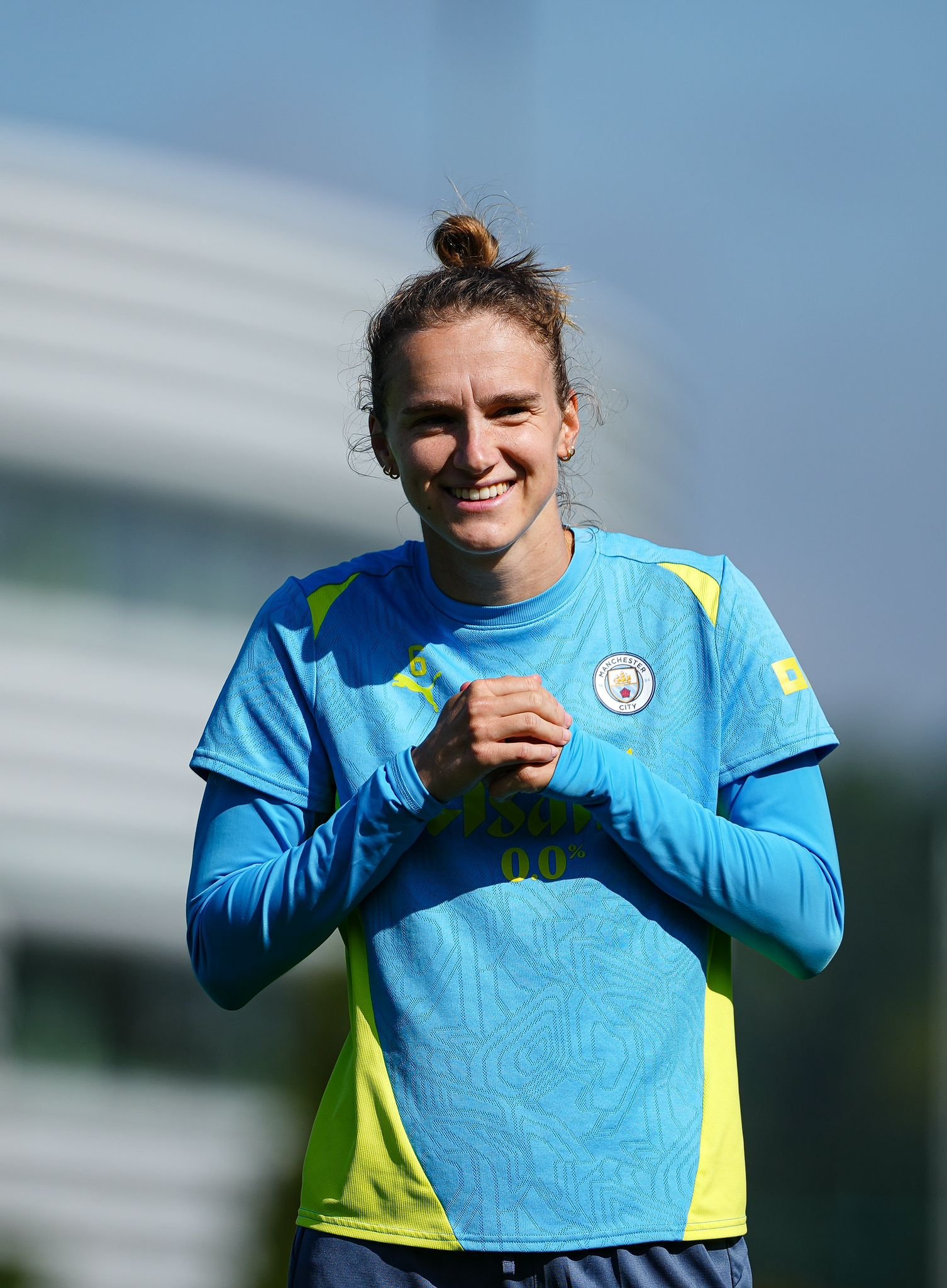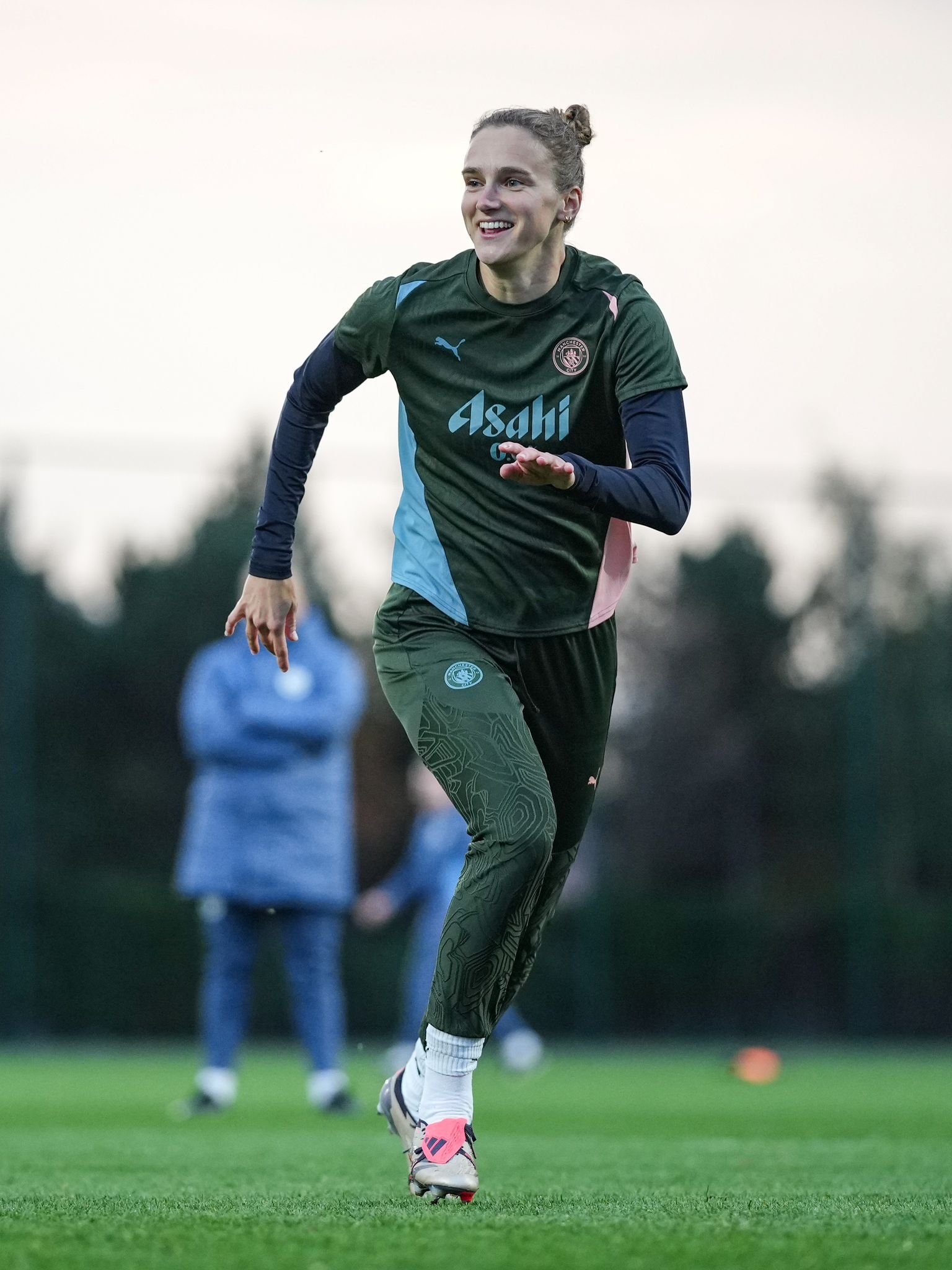ELEVENTH
HOUR
IN CONVERSATION WITH VIVIANNE MIEDEMA
@VIVIANNEMIEDEMA
ELEVENTH HOUR by LRI 10 23 showcases individuals in the football realm—those with a distinctive voice, a unique style, and an inspiring presence that transcends the game, leaving a mark in multiple dimensions.
VIVIANNE MIEDEMA
VIVIANNE MIEDEMA
THE POWER OF
THE POWER OF
PERSISTENCE AND AUTHENTICITY
PERSISTENCE AND AUTHENTICITY
VIVIANNE MIEDEMA
@VIVIANNEMIEDEMA
Vivianne Miedema is more than just one of the best footballers in the game; she’s a trailblazer both on and off the pitch. From winning the Euros on home soil to becoming a global advocate for mental health, Viv’s journey is defined by resilience, authenticity, and the pursuit of balance. Known for her sharp instincts on the field and her warm heart, and down-to-earth nature off it (qualities we came to know and deeply appreciate during our time together in Munich), she’s a voice of change, breaking stigmas and redefining what it means to succeed in sport and in life.
Viv, thank you for sharing your story and insights with us—it’s truly inspiring to see someone lead with such honesty and strength!
If you could replay one game in your career, which one would it be and why?
VM/ I mean there is so many players I would’ve loved playing with. Messi, van Persie, Prinz and Sawa for example. But I think it would be fun to play a game with my brother Lars once. We’ve done it for years on the football pitch around the corner, but to play together in a real game would be cool.
VM/ Easy one. The Euro Final in 2017. Simply to experience the atmosphere, winning the Euro’s in our home country and everything else around it again and soak it all up even more this time.
With which player, male or female, would you have loved to play, and why?
Looking back, what do you think is the biggest difference between young Viv and the Vivianne you are today, both on and off the pitch?
VM/ Haha, you got a couple of hours? I would say that I’m more open to and with other people. I understand now that I need the right people around me to manage life and football and that I can’t and don’t need to do it all alone. It allows me to enjoy moments together with others but also helps me deal with tough situations.
What’s the most valuable lesson you’ve learned about yourself through your journey as a football player?
VM/ Probably that somehow I am capable of surviving almost everything. There has been so many extremely tough moments I’ve managed to come back from and looking back I think I am allowed to be proud of that. It even feels weird typing that here. But I think knowing I am capable and I can take care of myself will help me so much in the rest of my career and life.

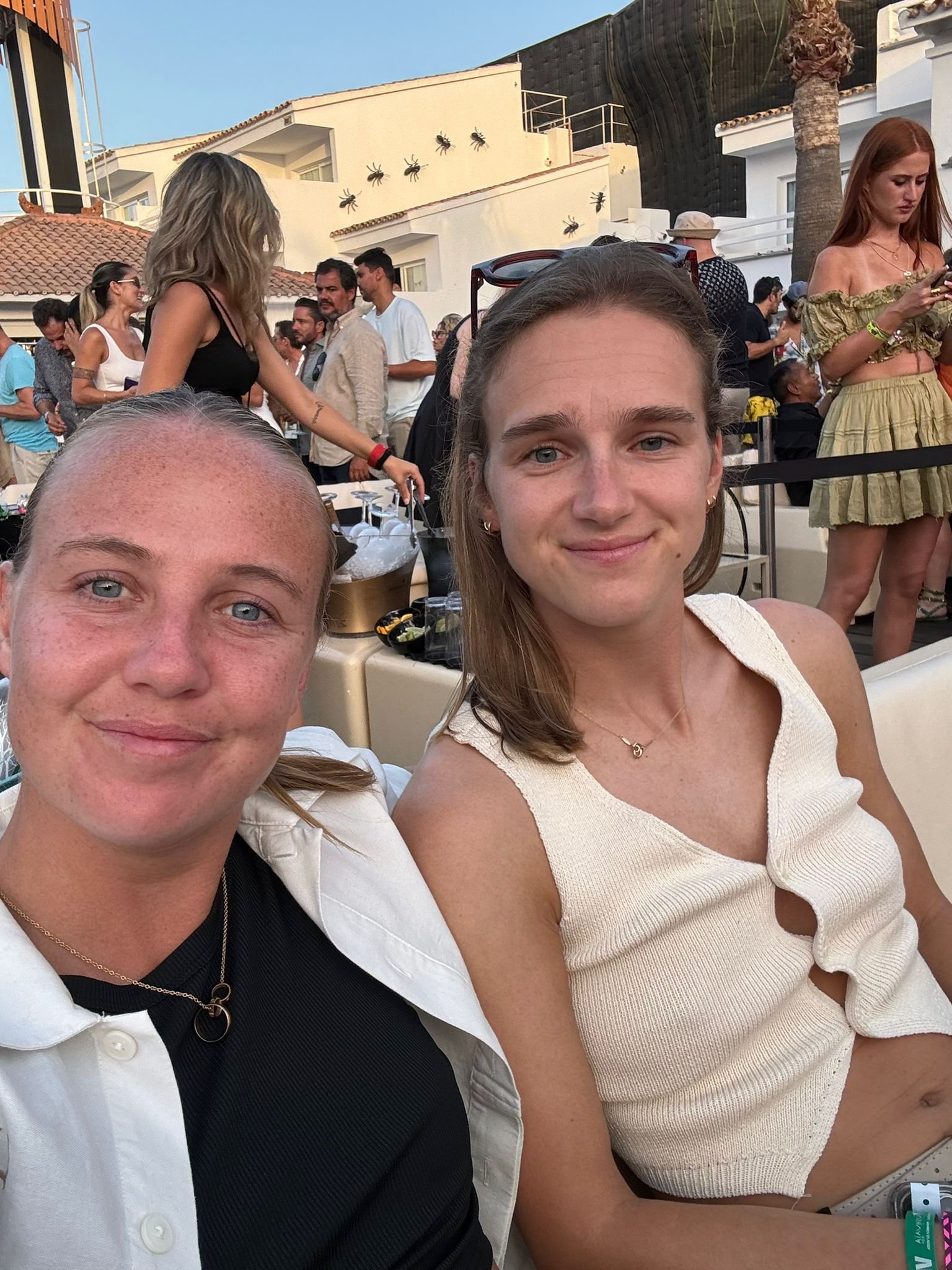
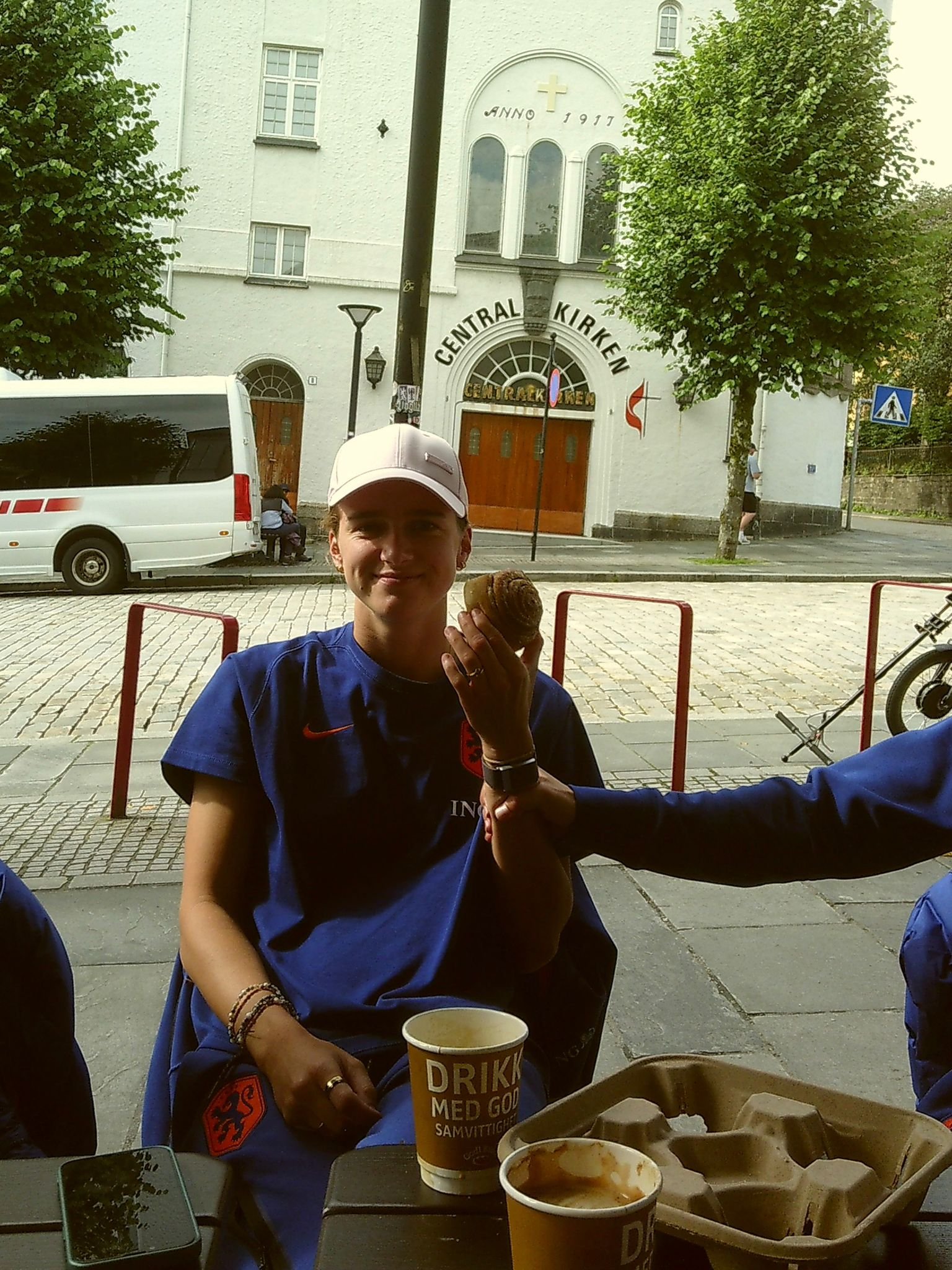
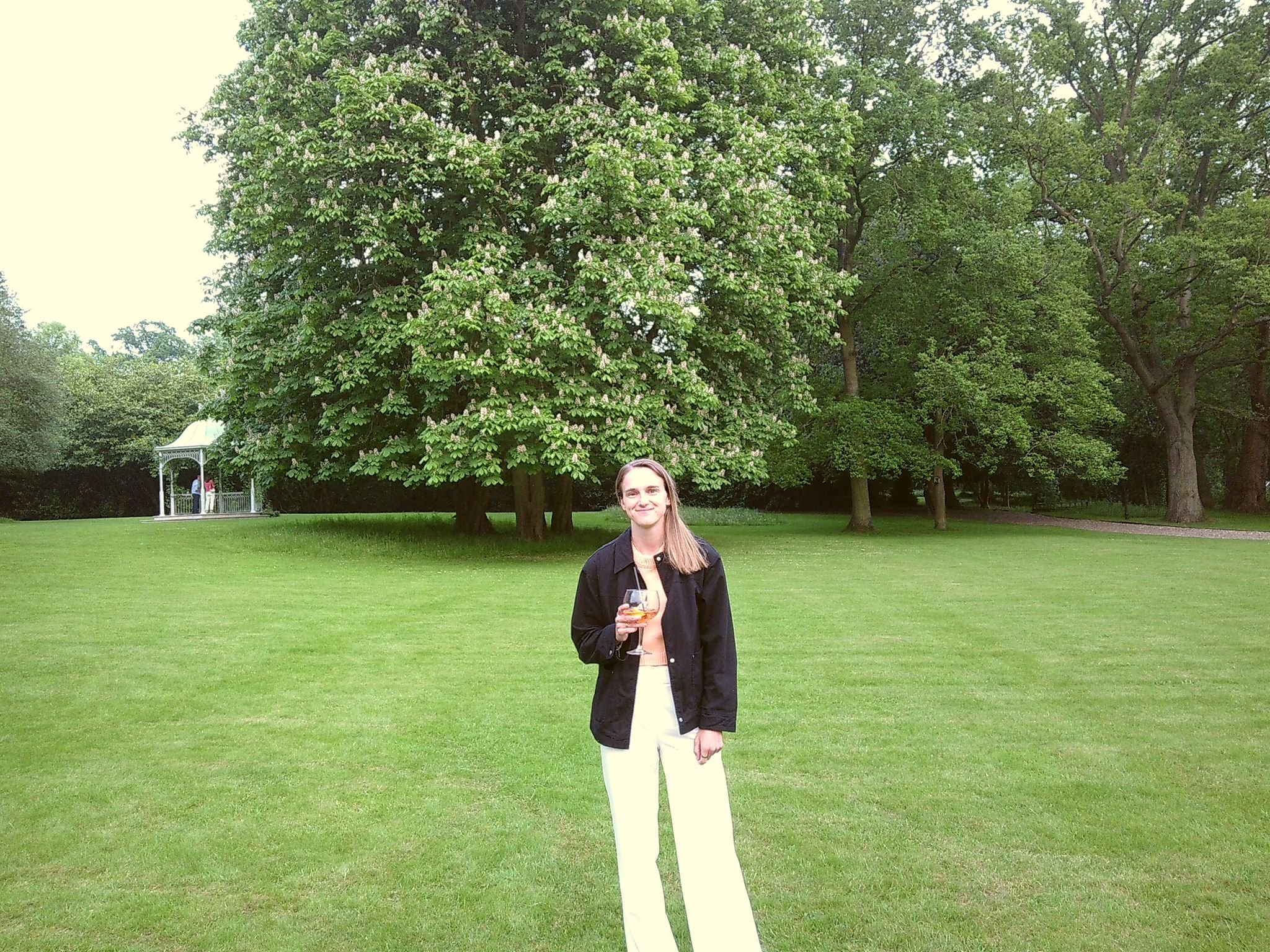
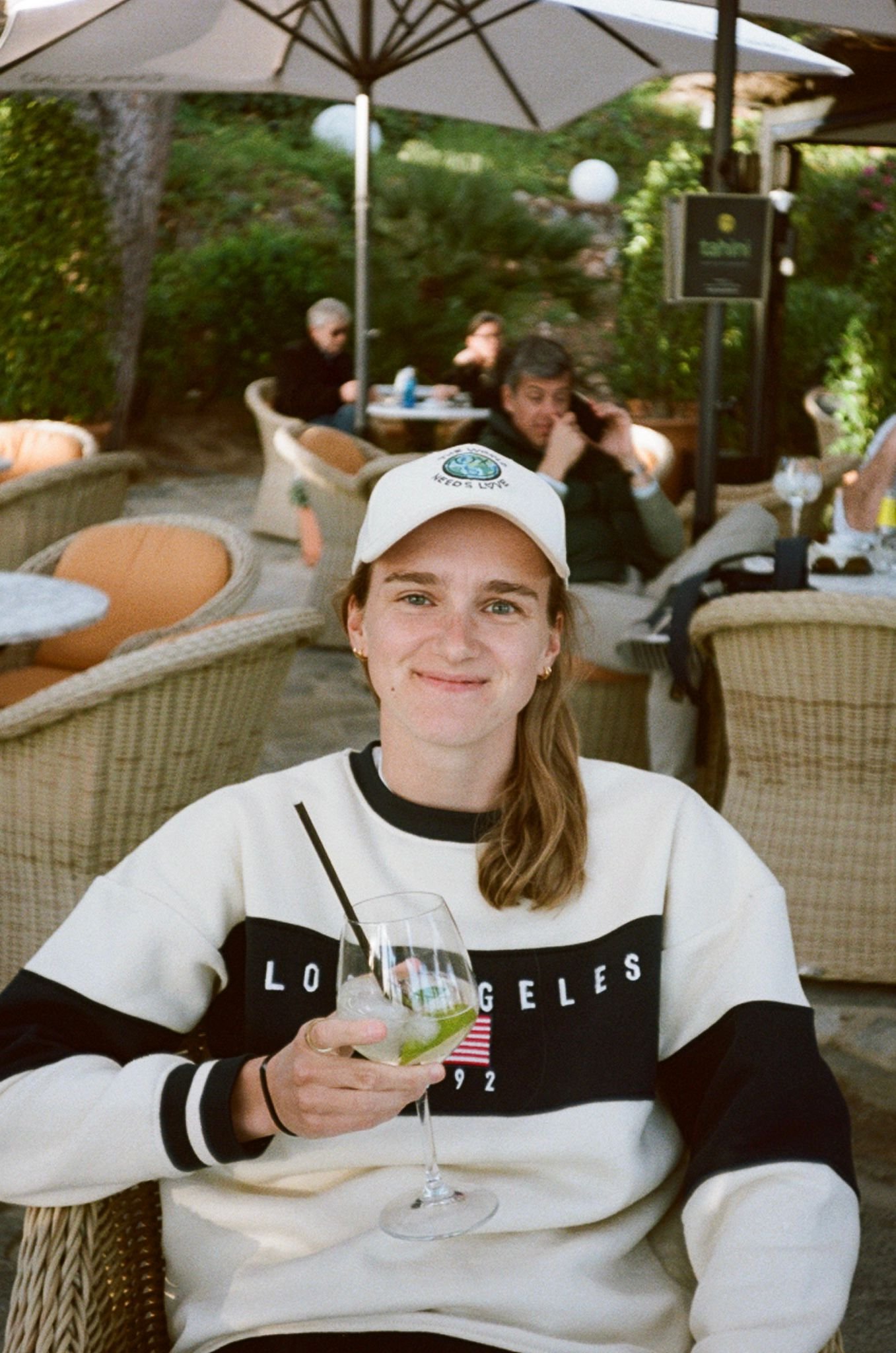
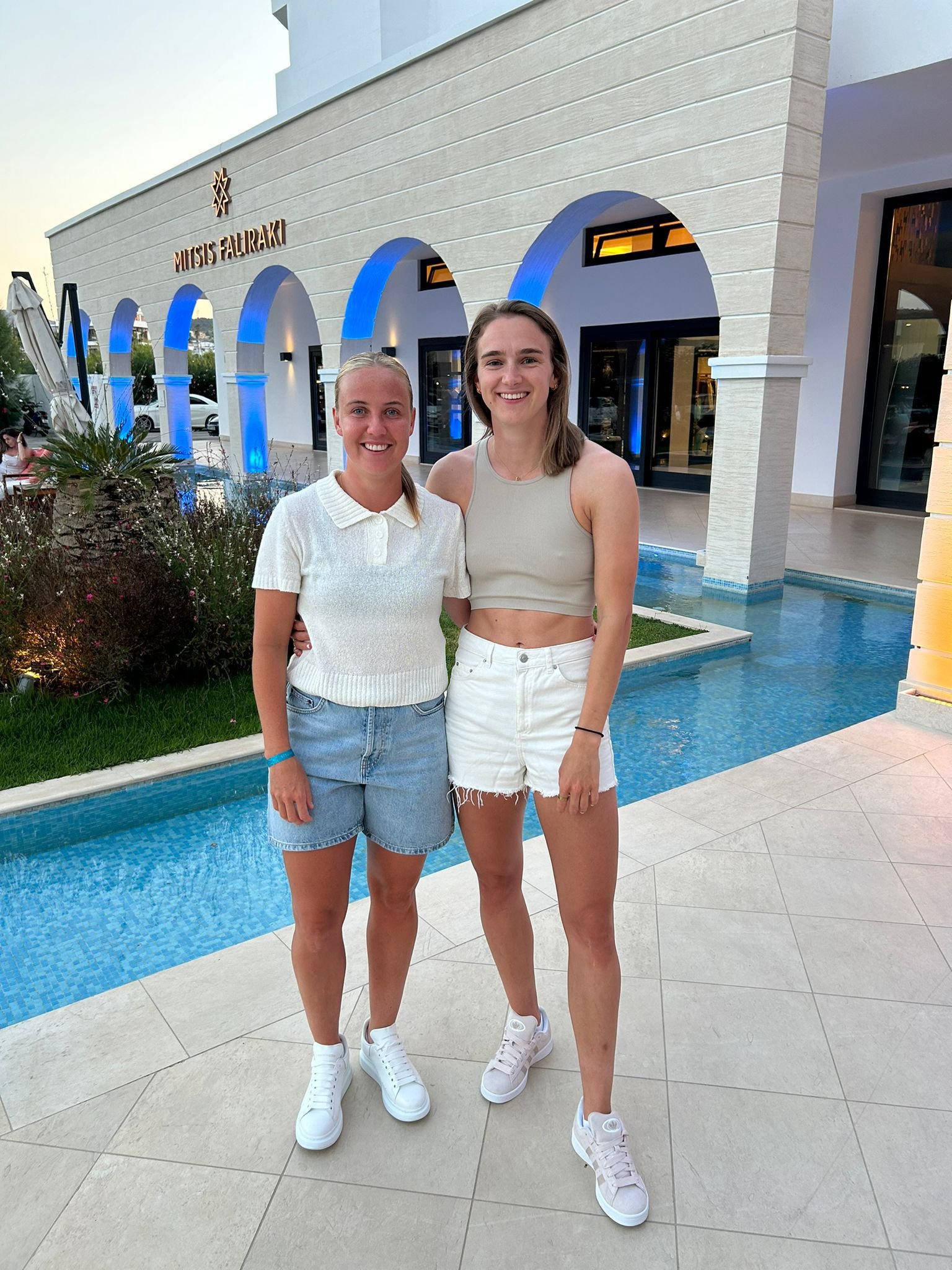
LET'S TALK «MENTAL HEALTH»
LET'S TALK «MENTAL HEALTH»
Mental Health is something that's clearly important to you, and we know you’re committed to helping others and speaking openly about it. How do you think athletes like yourself can help break the stigma surrounding mental health in sports?
VM/ Honestly, it’s a tough one. But using our platforms to normalise talking about our feelings is a massive help for others. I know many people won’t ever understand or accept the idea of thinking/ dealing with emotions differently. And being vulnerable and sharing your own feelings online or to anyone for that matter, isn’t easy but seeing and hearing how much it can positively affect others, makes it all worth it.
Have you ever felt that the culture of «toughness» in sports conflicts with openly discussing mental health? How can we shift that mindset/change that narrative?
VM/ At times, yes. It’s been difficult to discuss mental health with coaches or clubs at times. But mostly with the whole footballing environment around it. As mentioned here before, us players can only keep sharing how we feel to hopefully eventually normalise the conversation around mental health.
How do you personally stay mentally resilient during injury recovery or setbacks that keep you from competing at your full potential?
VM/ It can be really tough mentally at times, especially if you can’t play. Over the last couple of seasons it’s really helped me to surround myself with my people. This also means that at times, it is really important to fully switch off from football and focus on something different. I love escaping the footballing environment by going to a little cabin, going for long walks and having NO internet at all.
In your opinion, what impact do frequent travel, time away from family, and the demanding schedule of a professional athlete have on mental health?
VM/ I think that one is very individual. For me being away from home has been ok. But I also know that many others really struggle being away from home. I do struggle having to travel non stop and not being able to settle down sometimes. I think over time I’ve realised that bring «items from home» with me can really help me feel more comfortable. I’d normally bring my own pillow, some comfort clothes and my teddy. Just to have this homely reminder.
Do you think mental health challenges are given the same priority as physical injuries in sports? If not, how can that balance be improved?
VM/ Nowhere near yet. Which again will need a lot of time. I think we can learn a lot from other sports in this regard. Every club should have a psychology department, in which clinical and team psychology should be present. If a player feels mentally free and happy it will help you perform better and feel physically better.
Can you share a time when you had to prioritize your mental health over your athletic career? What did that teach you?
GT/ Most recently it was my time away from football in November 2022. I had just came back from the Euro’s in which I had Covid. Mentally and physically I was absolutely drained. I traveled all the way to Australia to get away from everything in the UK and it made me feel so relieved and happy once I was there. I think my biggest learning from this time is, that I should’ve protected myself sooner and not do what everyone else expected and needed from me.
How do you cope with the immense pressures and expectations that come with being a professional artist plus one of the best in the game?
VM/ Sometimes I don’t ha. It is definitely something that has improved over the years. I think I’ve always put a lot of pressure on myself to the point where I wouldn’t allow myself to enjoy anything. Now that I’m getting older and have had some very serious injuries too, I think I allow myself to enjoy moments first, before putting direct pressure on them. I do hope I will still get better in this in the next coming years.
How has the conversation around mental health changed in football since you started, and do you see progress being made within your team(s) or the sport in general? How do you think the media can do a better job of covering athletes' mental health, especially during difficult or high-stakes moments?
VM/ It has changed. I would say our generation is doing a pretty good job in normalising conversations at times, but help from the media and clubs in general would be amazing. The stigma partly comes from how mental health is betrayed in the media. Why is it seen as something negative? Why is it not OK to NOT be OK? If we stimulate from all different angles that speaking to someone, allowing yourself to not be ok, and to find help is strong, helpful and ok, it will help make it easier for people to accept their feelings and find help.
What message would you give to young athletes who are dealing with mental health challenges, especially in such a performance-focused environment?
VM/ To always prioritise yourself and think long-term. Your own happiness is the most important thing. You need to be ready to perform at your top-level, which sometimes means protecting yourself by not doing anything. If you don’t feel right or things have been too much, ask for a break. Go talk to someone. Talking to someone isn’t weak, it shows immense strength to initiate those conversations and work on yourself, to be the best possible you.
Okay Viv, one last question: How do you hope to inspire the next generation of female footballers, both on and off the field?
VM/ By being me. Everyone is different and everyone should be allowed to be whoever they want to be. Staying true to yourself and your values is the most important thing. And by sometimes scoring some goals and playing some good footy.
FIRE
QUESTIONS
What do you think is the most important quality for a successful footballer?
Being persistent. There are going to be so many difficulties and set backs in your career, but if you can come back from those, you will have an amazing career with so many highs and beautiful moments.
What’s your favorite pre-game food?
Pancakes! With yoghurt, granola and some fruit.
If you could change one rule in football, what would it be?
Roll on, roll off subs. To protect players and change tactically if needed.
Penalty goal or free kick goal?
Penalty. Just because I don’t score them that often.
What’s the best piece of advice you’ve ever received in football?
To be adaptable. Football continuously changes. If you can change with the game, you are always one step ahead of others.
Do you have any pre-game superstitions or rituals?
None. Although I do put my right sock on before my left, most games.
If you weren't a footballer, what would you be doing?
Tough one. So many different things I’d be interested in. But I would love to work with children and/or athletes around mental health.
Is there a song that always gets you ready before a match?
Any Taylor Swift song will do.
FOLLOW HER IF YOU: BELIEVE IN THE POWER OF RESILIENCE, WANT TO EMBRACE YOUR TRUE SELF, AND UNDERSTAND THAT SUCCESS ISN’T JUST ABOUT WINNING, BUT ABOUT OVERCOMING CHALLENGES WITH GRIT AND GRACE.


